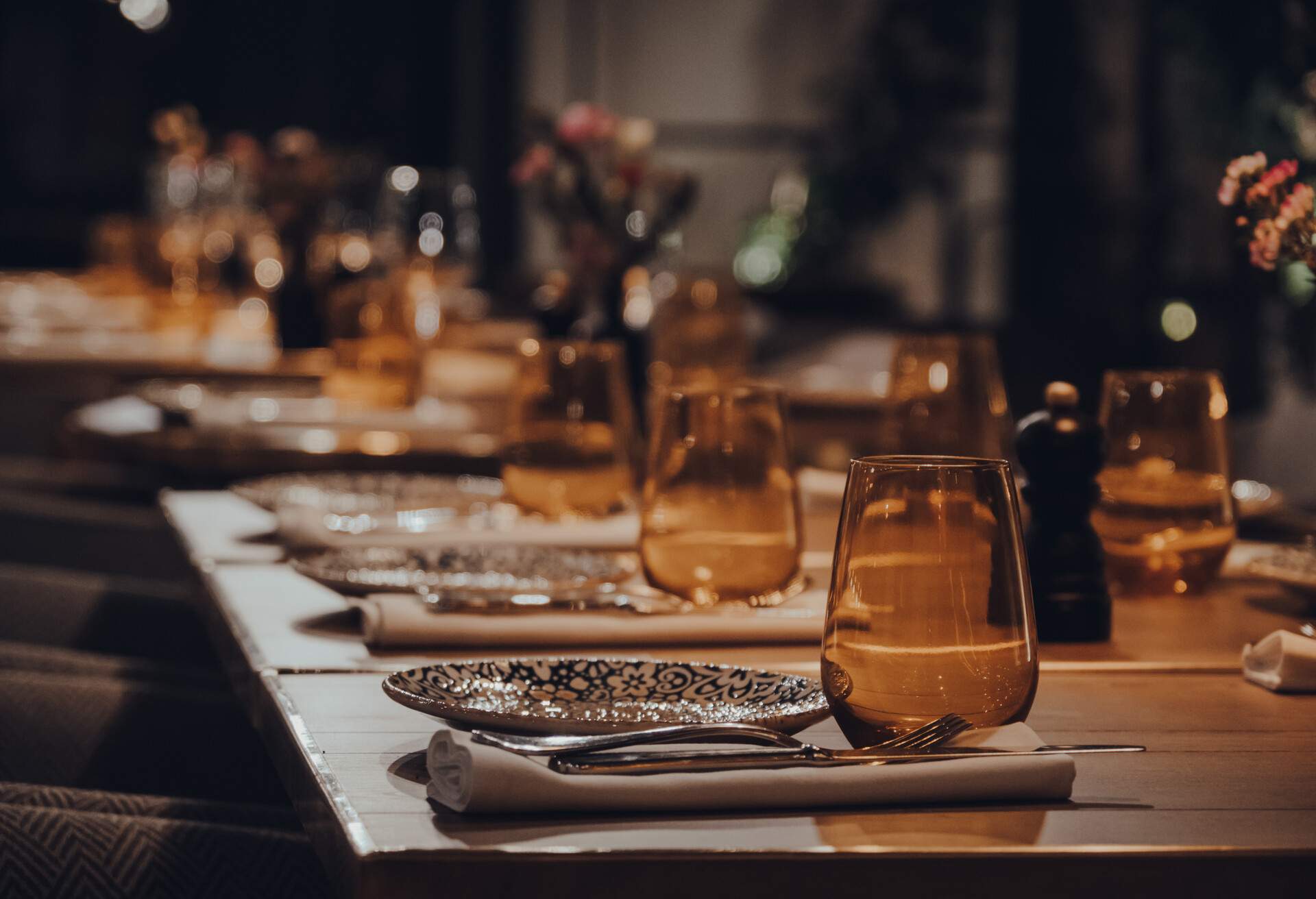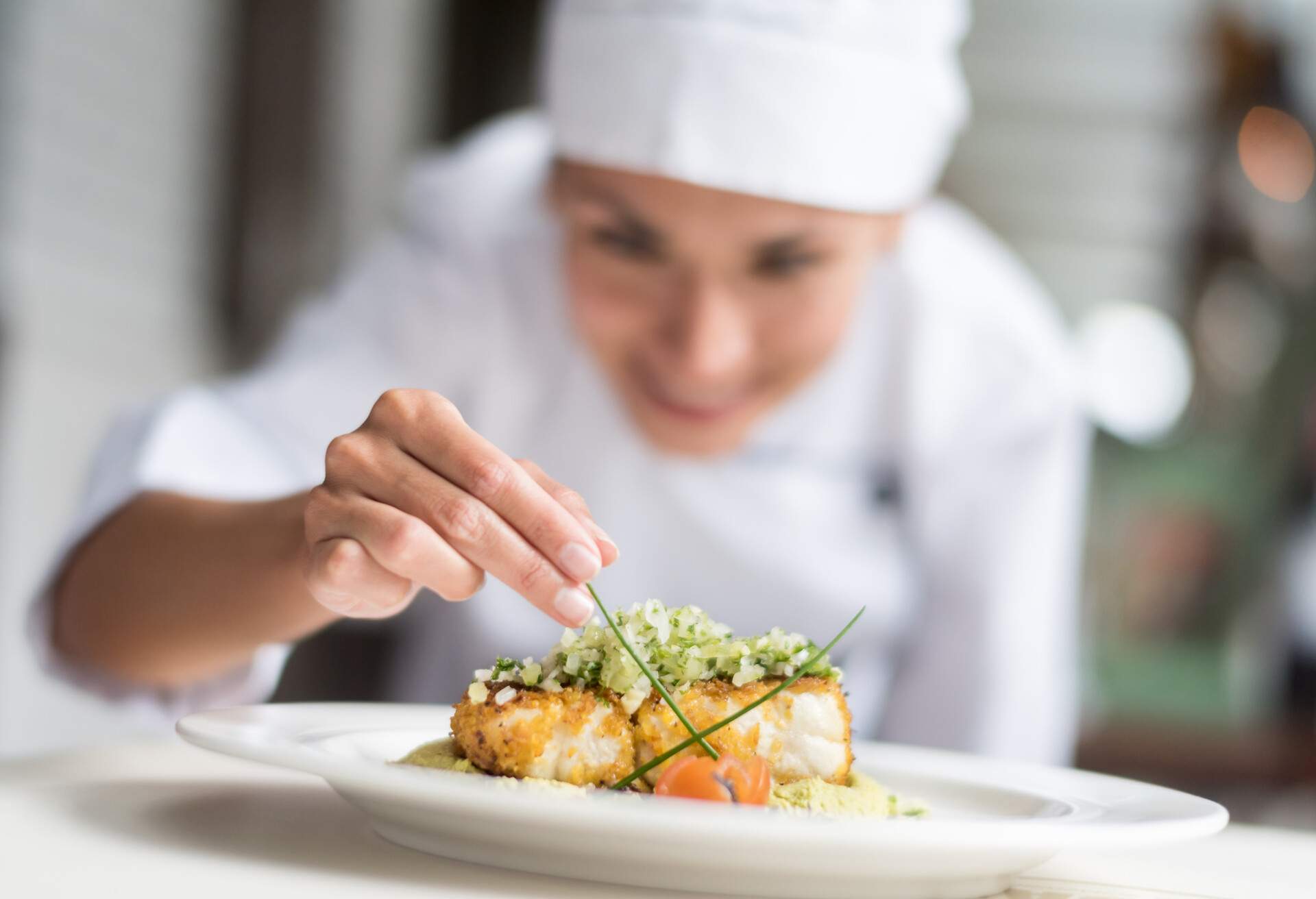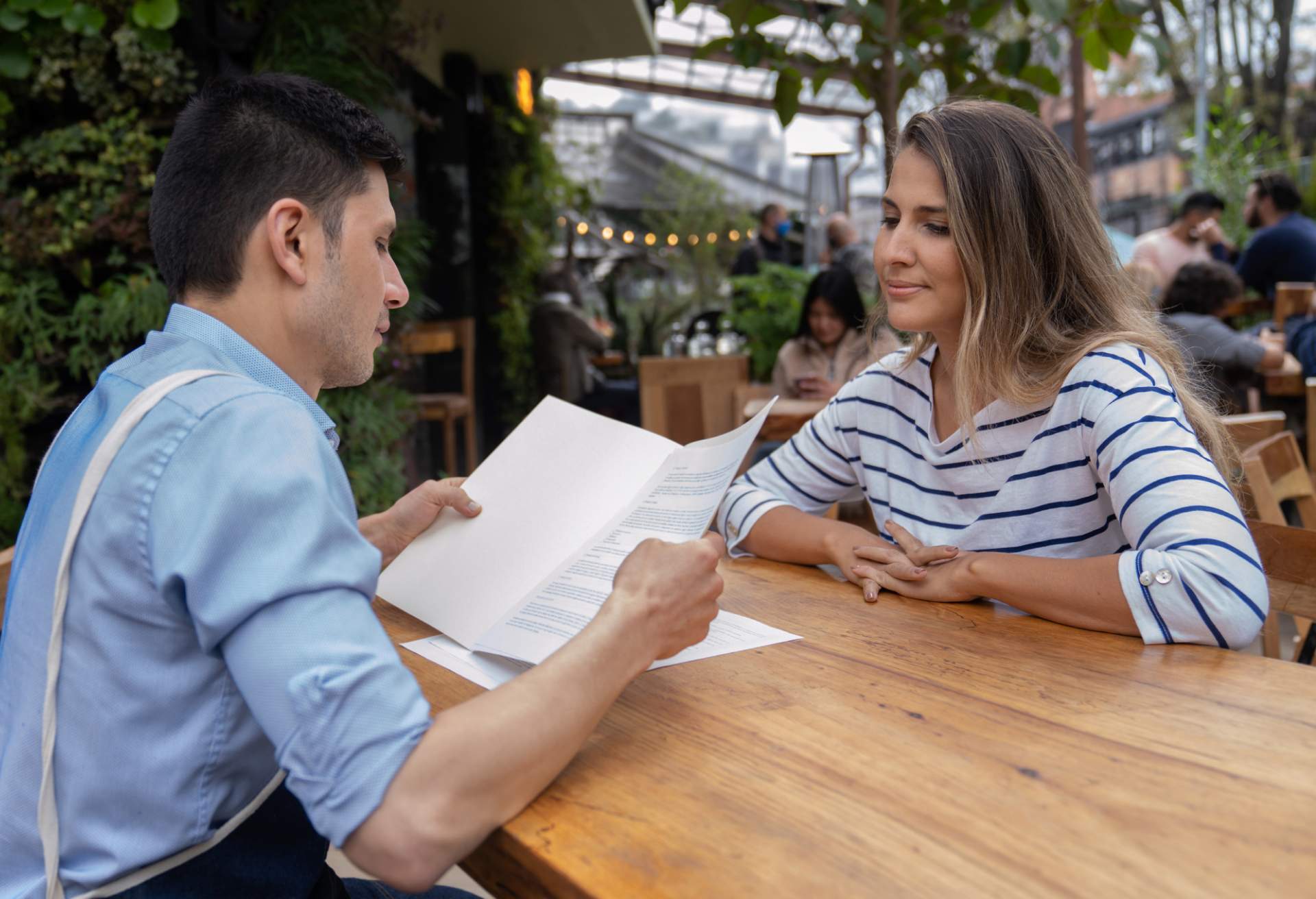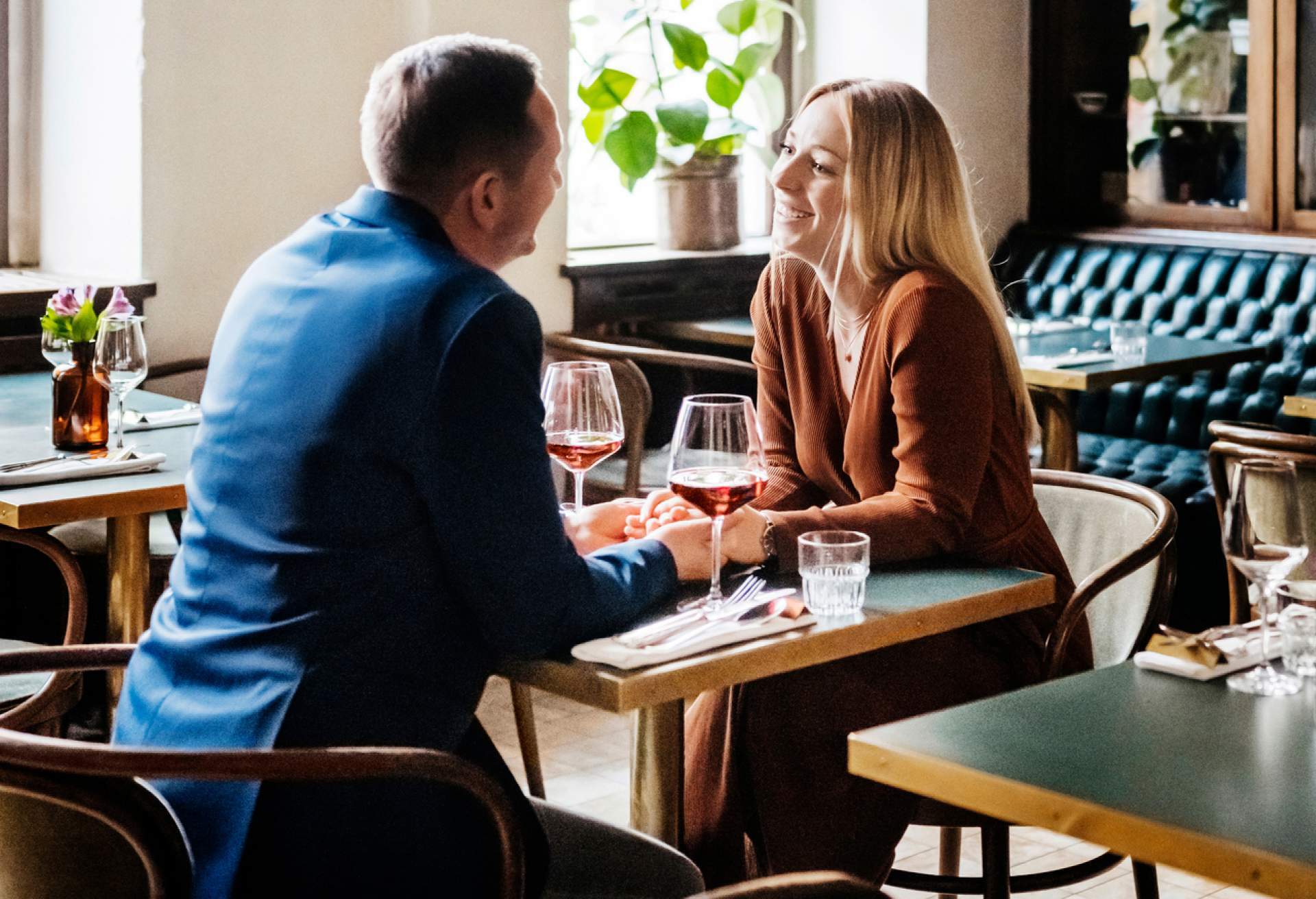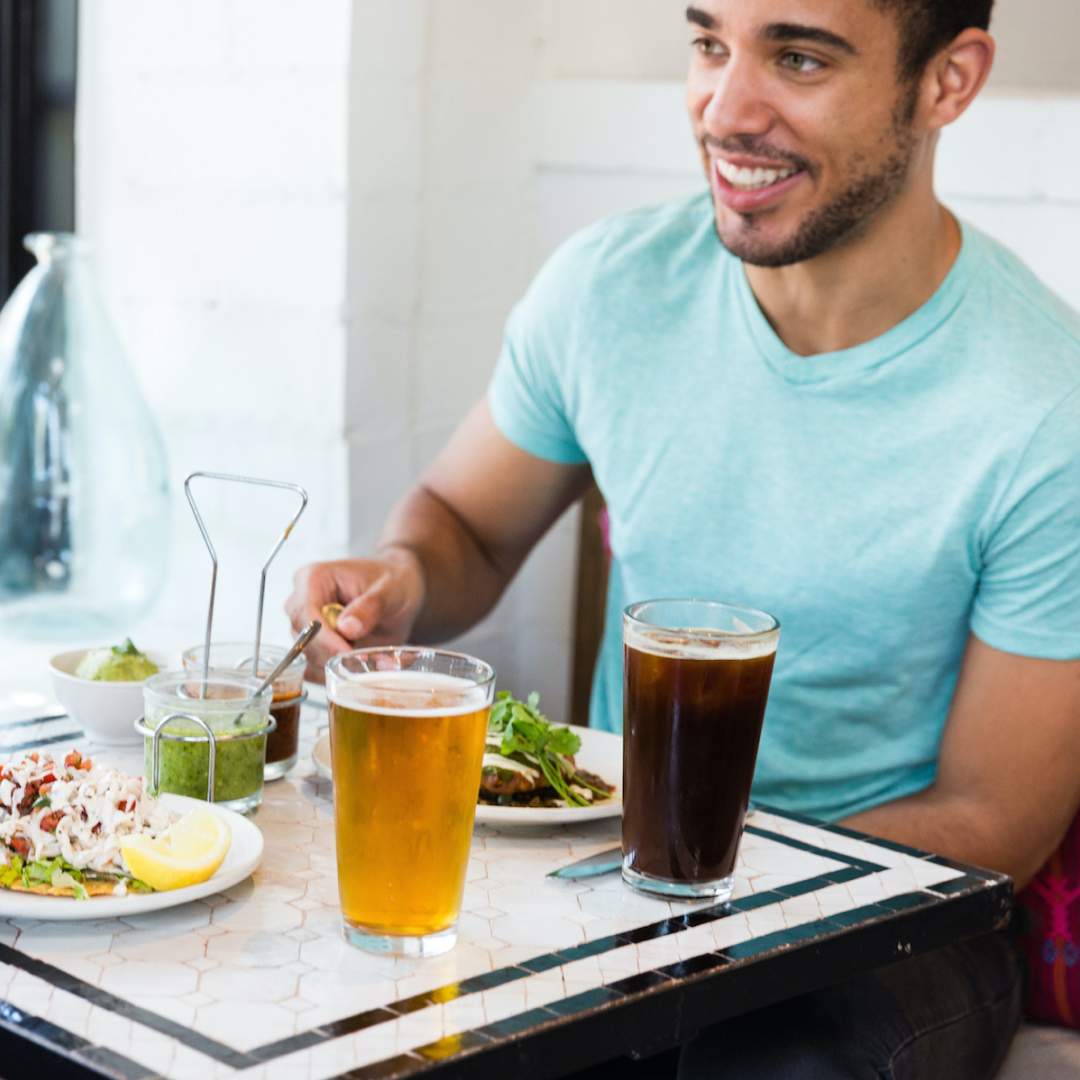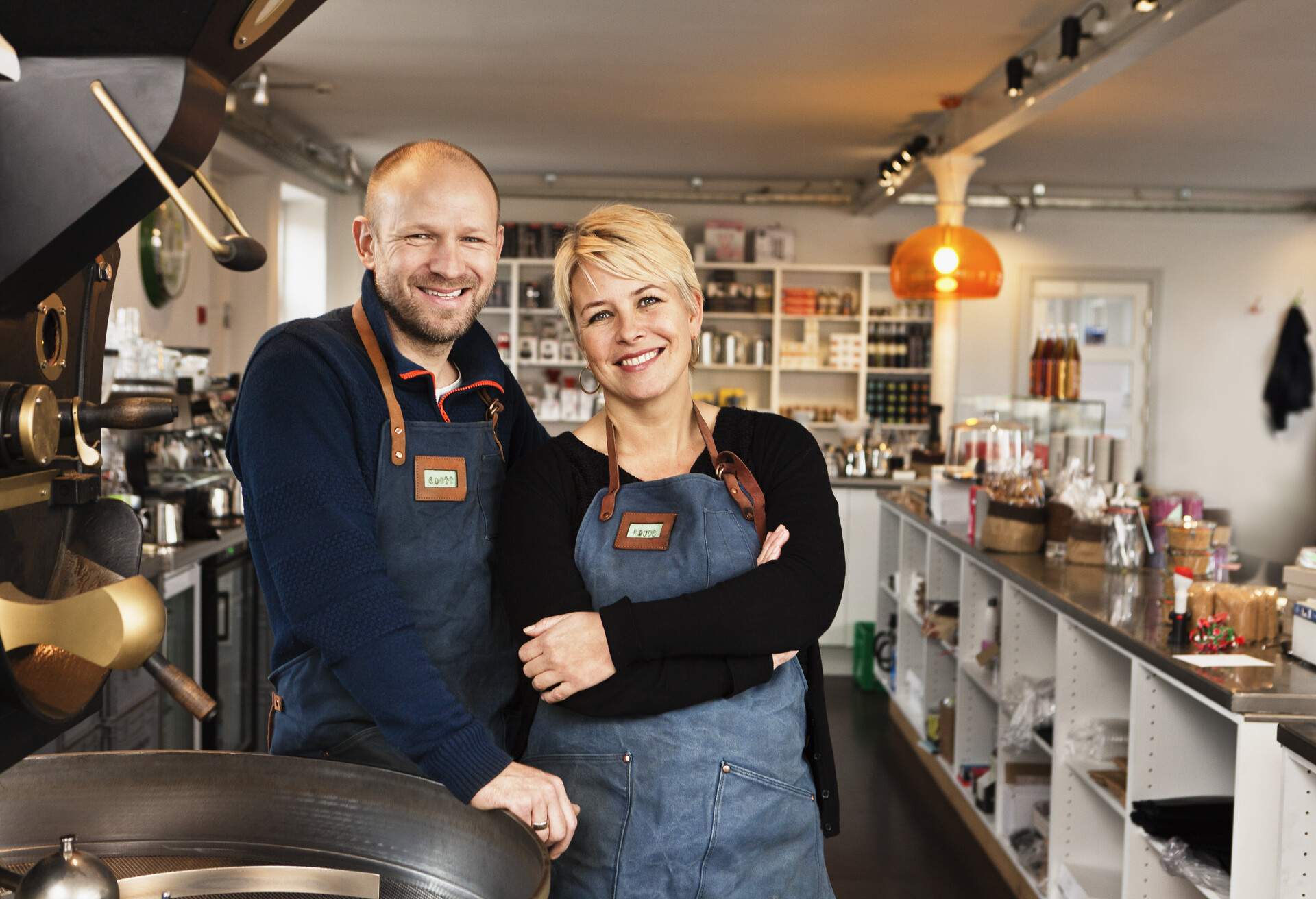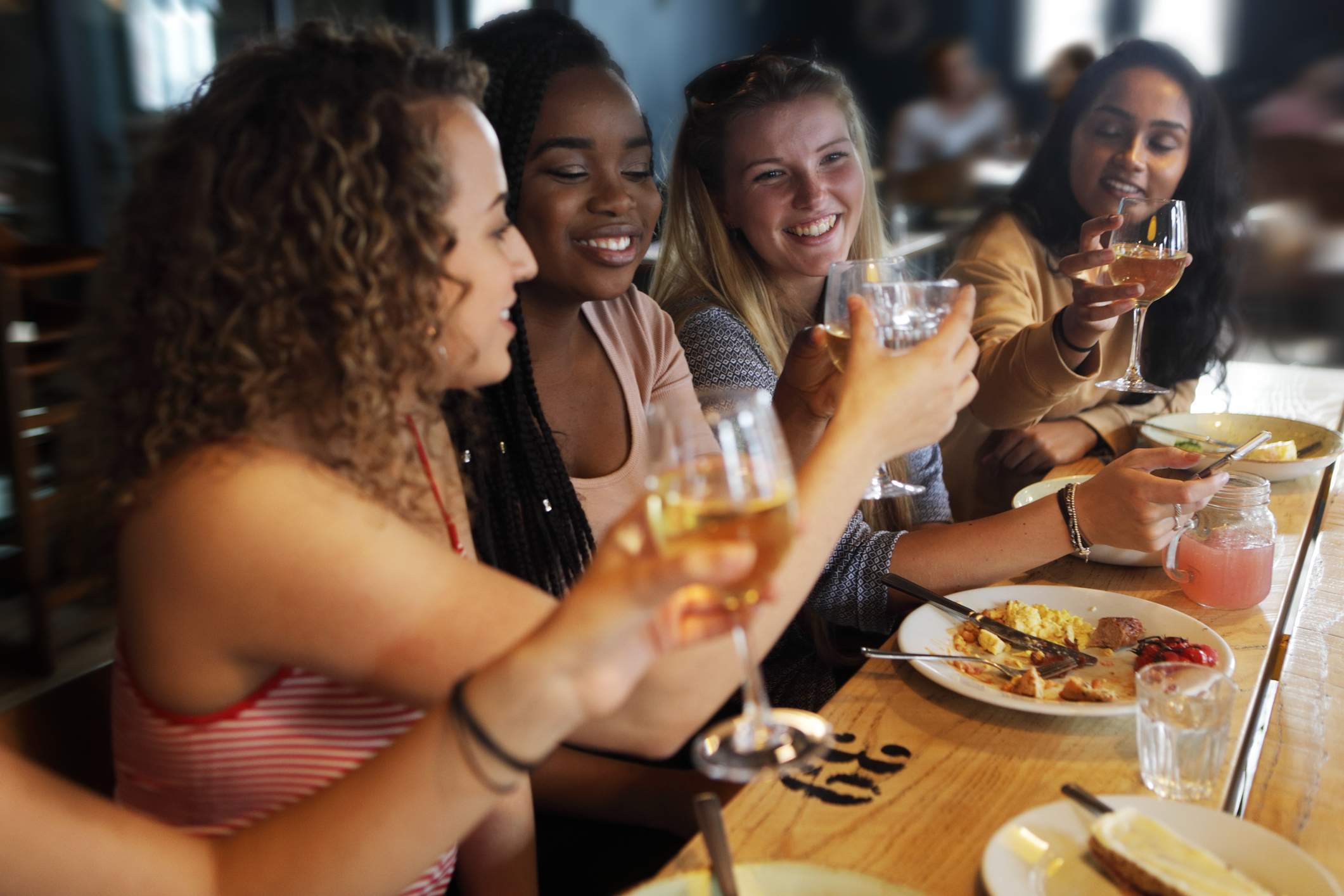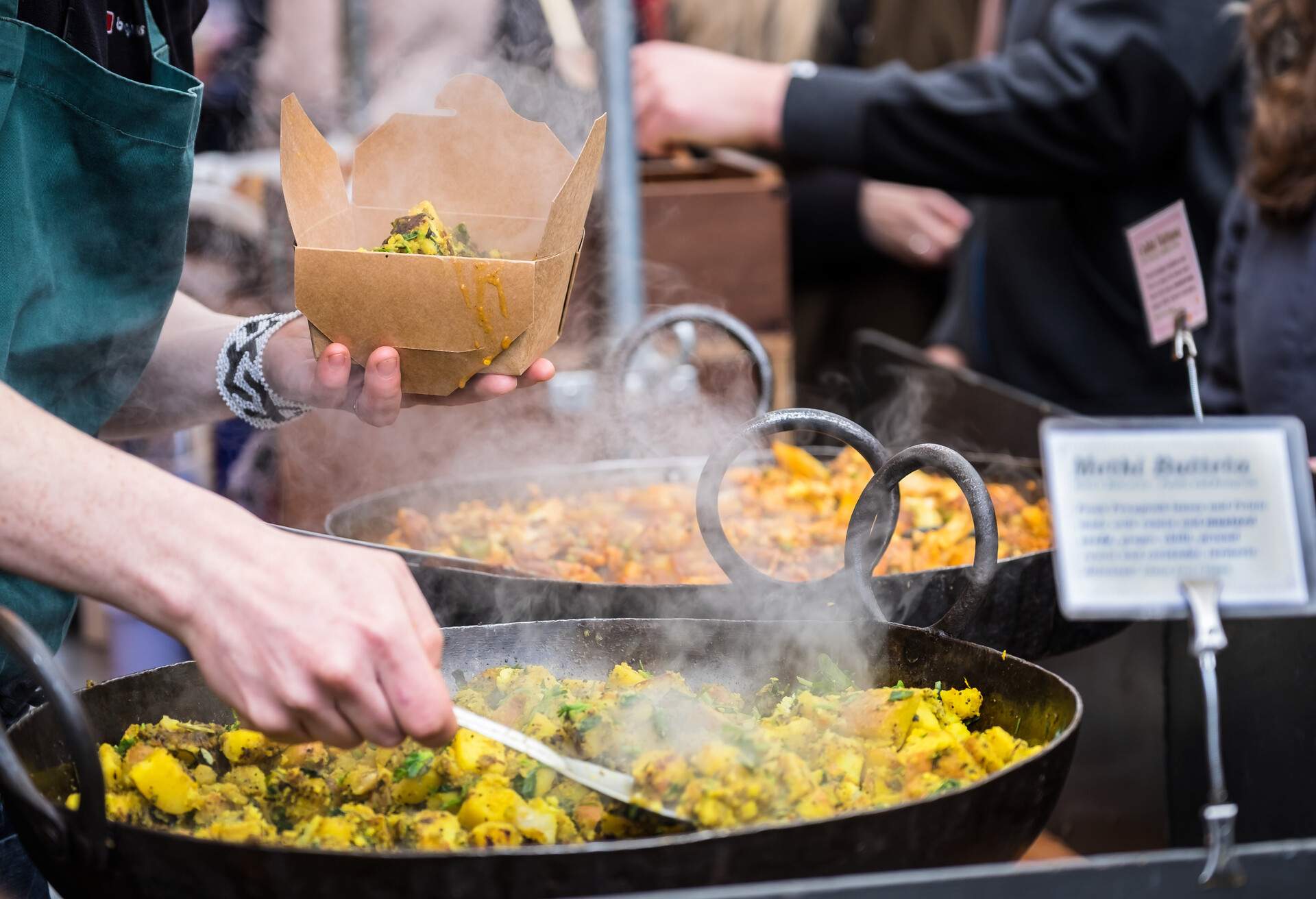A feast of restaurant resources
Get tools, tips, and fresh ideas for running a successful restaurant—all in one place.
Reach more diners
Your seats will thank you—get helpful resources to attract new diners and reach the regulars you’ve been missing.
Learn from the best in the business
Stay in-the-know with industry intel that keeps you informed about what matters most.
Operate lean, no matter what comes your way
Smooth shifts are nirvana, so manage yours with ease and expertise.
Build deeper guest relationships
Service is your bread and butter—build strong guest relationships at every touch and turn.
Get the latest resources to help power up your hospitality.
By signing up, you agree to our privacy policy. You also agree to receive marketing communications from OpenTable about news, events and promotions. You can unsubscribe from OpenTable emails at any time.
